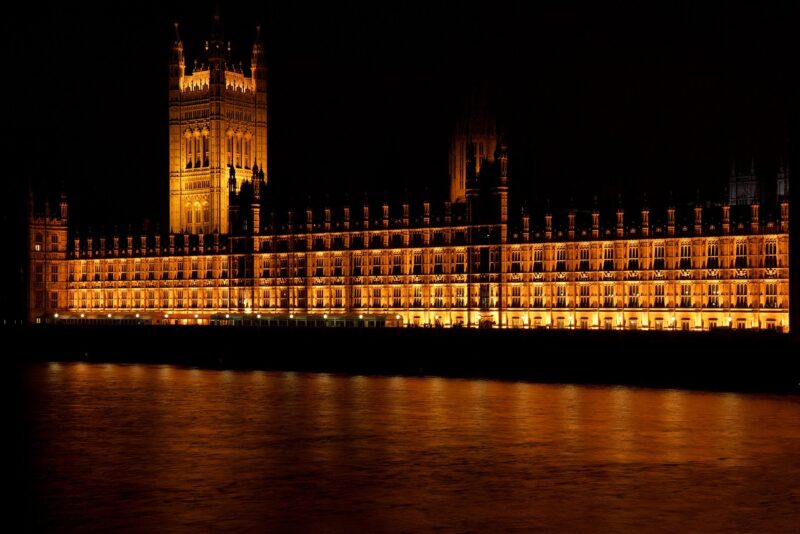
Throughout history, conspiracy theories have captivated the public’s imagination, often casting a shadow of doubt over governmental actions and decisions. This phenomenon isn’t a recent development. Far back into human history, whispers of secrets, cover-ups, and clandestine operations have circulated among the populace.
In this article, we will dive into the most controversial government conspiracy theories, examining their origins, the context of their emergence, and the evidence—or lack thereof—that surrounds them. From covert operations to hidden agendas, these theories have sparked debates and revolved around a variety of topics including human rights, foreign relations, and political integrity.
1. The Assassination of President John F. Kennedy
The assassination of President John F. Kennedy on November 22, 1963, in Dallas, Texas, is one of the most discussed and debated events in American history. Officially, Lee Harvey Oswald was identified as the lone gunman, but many believe that this conclusion is far from the truth.
Theories surrounding JFK’s assassination include the involvement of the CIA, the Mafia, and even Lyndon B. Johnson, who succeeded Kennedy as president. Supporters of these theories argue that various factions were unhappy with Kennedy’s policies on Cuba and Vietnam, leading them to eliminate the president to protect their interests.
Key pieces of evidence cited include inconsistencies in the physical evidence, eyewitness testimonies contradicting the official narrative, and questions surrounding the handling of the investigation.
2. Operation Northwoods
Operation Northwoods was a proposed plan by the U.S. Department of Defense in the early 1960s. The plan sought to justify military intervention in Cuba by orchestrating acts of terrorism against Americans, including hijacking planes and sinking boats carrying Cuban refugees. The plan was ultimately rejected by President Kennedy, but its existence raised eyebrows about the potential for government deceit and manipulation to achieve political aims.
The public became aware of Operation Northwoods when documents were declassified in the late 1990s, revealing just how far some government officials were willing to go to achieve their objectives.
3. 9/11: The Inside Job Theory
The tragic events of September 11, 2001, led to significant changes in U.S. domestic policy and foreign relations. While the official narrative blames the terrorist group al-Qaeda, others believe that elements within the U.S. government orchestrated the attacks to justify wars in the Middle East and increase surveillance within the country.
Conspiracy theorists often cite anomalies in the collapse of the World Trade Center buildings, particularly WTC 7, which fell on the same day despite not being directly hit by a plane. Videos showing explosions and uninformed statements made by officials fuel claims that this was a controlled demolition rather than the result of the plane crash. While extensive investigations have been conducted, conspiracy theories persist in questioning the government’s transparency regarding the events of that day.
4. Iran-Contra Affair
The Iran-Contra Affair stands as one of the most significant scandals in American political history. In the 1980s, while publicly opposing the Nicaraguan Sandinista government, the Reagan administration secretly facilitated arms sales to Iran (despite the embargo) to fund the Contras in Nicaragua, which was considered a violation of U.S. law.
This operation raised eyebrows over accountability and the scope of government maneuvers away from public oversight. Congressional hearings exposed the scandal, revealing a web of deception and questionable ethics by high-ranking officials. The affair led to investigations, convictions, and significant media attention, furthering distrust in government operations.
5. The Tuskegee Syphilis Study
A tragic and egregious example of unethical medical experimentation occurred between the 1930s and 1970s, when the U.S. Public Health Service conducted the Tuskegee Syphilis Study. Black men suffering from syphilis were left untreated without their consent to study the progression of the disease.
Despite the availability of penicillin as a cure by the 1940s, these men were not offered treatment, leading to profound health impacts and deaths. The exposure of this study generated outrage and raised ethical questions about medical practices, informed consent, and racial discrimination in health care. This case is frequently referenced in discussions about medical ethics and trust in government and medical institutions.
6. Project MKUltra
Project MKUltra was a covert CIA program during the Cold War aimed at developing mind control techniques through the use of drugs, particularly LSD. The program involved non-consensual experiments on unwitting subjects, often involving subjects from vulnerable populations.
MKUltra raised questions about the morality of government experimentation on its citizens and the lengths to which agencies would go in their quest for power and control. The project came to light in the 1970s through revelations by various sources, sparking further debates over ethical governance and transparency.
7. The Massachusetts Bay Colony’s Witch Trials
While often perceived through a historical lens, the events of the 1692 Salem witch trials in colonial Massachusetts can also be framed as a governmental conspiracy. As witch hunts led to a slew of trials and executions, the colony’s leaders benefited by diverting attention from pressing political issues, such as a struggling economy and societal tensions.
Some historians argue the trials were a deliberate method to strengthen the government’s power through fear, creating a scapegoat to unify the populace against a common enemy. In many ways, conspiracies can stem not only from individual actions but from the very structures of power designed to maintain control over society.
Conclusion
Conspiracy theories regarding government actions and policies have persisted throughout history, often emerging in times of social upheaval, political transition, or widespread mistrust. While some theories lack credible evidence, others are rooted in experiences that fuel skepticism about the intentions of those in power. It’s essential to approach these narratives critically, examining the context and recognizing the implications they have for society’s trust in government and the importance of transparency.
As we progress into the future, the lessons learned from these conspiracies teach us to remain vigilant and aware, turning toward a more informed and engaged citizenry while holding authority accountable. Understanding these historical events contributes to fostering a healthy skepticism toward government actions, prompting discussions that not only illuminate the past but also influence the future.







